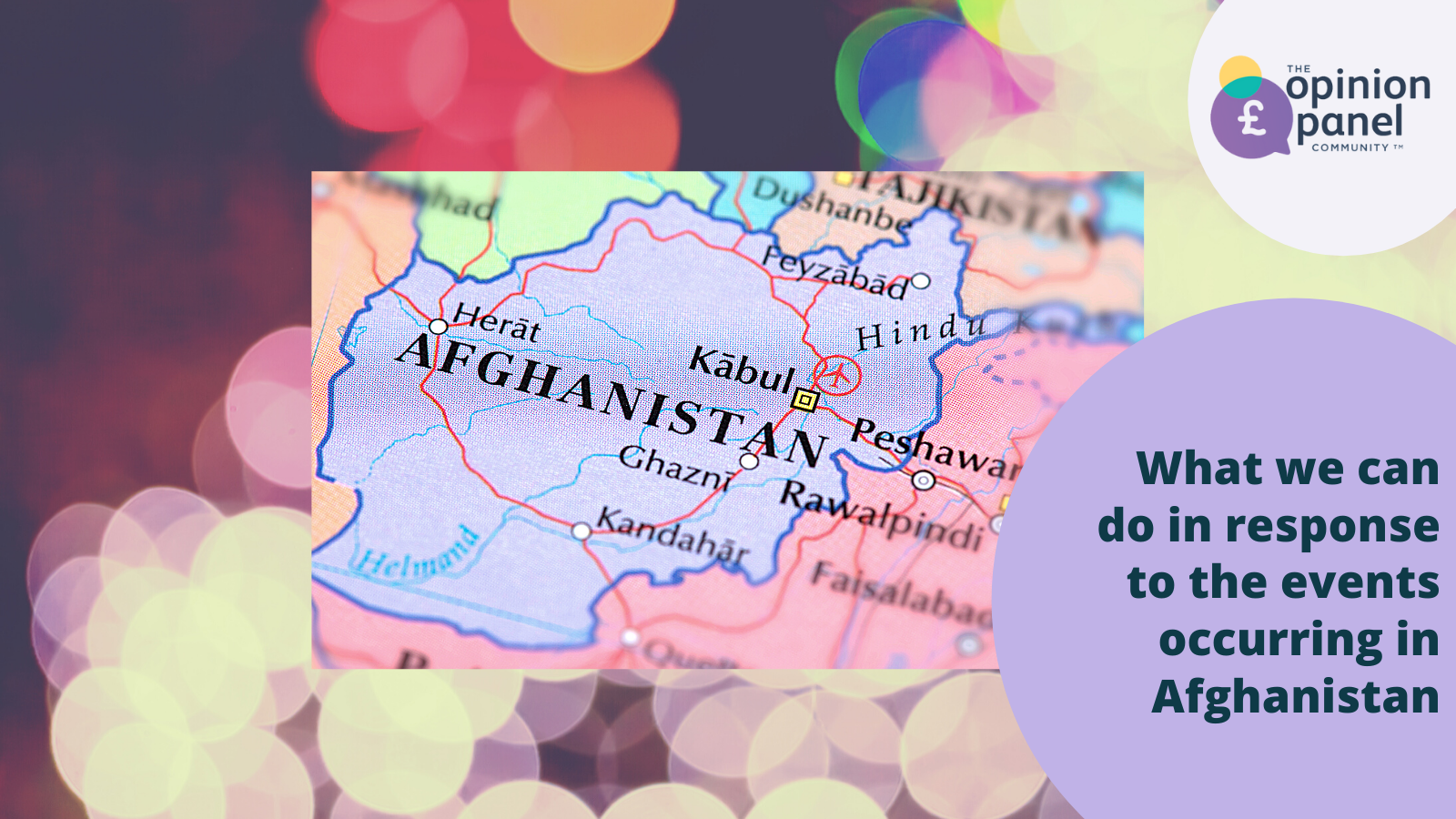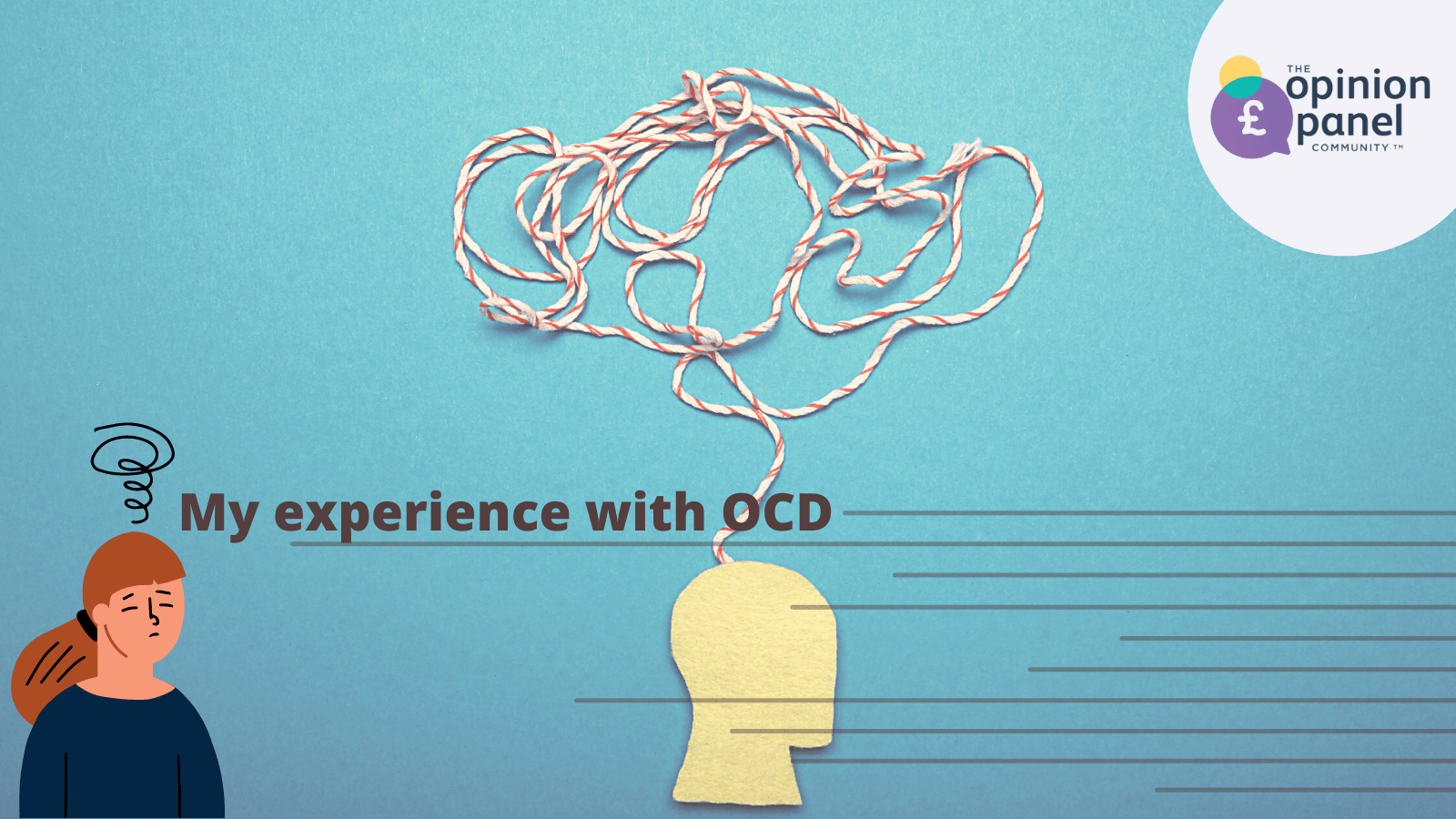
The news of the Taliban takeover of Afghanistan this last week has horrified and worried so many. I read the news and felt so desperate for all those people living there. I couldn’t begin to imagine what they must be feeling. Those feelings of sadness though were accompanied by a feeling of helplessness. Wanting so desperately to help each one of those people but feeling powerless.
✋Remember: Reading the news can make us feel anxious, worried or overwhelmed. It’s okay to take a pause. Your mental heath is important!
It made me incredibly grateful for the privilege of safety that I take for granted every day. It reminded me that as a woman in England, I have safe and free access to education, healthcare, work, and basic human rights. Yet for women in Afghanistan, the Taliban rule means that they are denied their rights as human beings. They are being told how to act, what to wear, limited in their freedom.
Though it is hard to know how to respond to crises like these occurring in the world, there are a few things that do make a difference.
Donating, if you can
This enables people with the access and resources to help those in need and without our donations, they would struggle to reach desperate communities. Food, medical care, access to safety, hygiene and kitchen kits are just some of the assistance charities are able to provide due to donations.
Some key charities that are appealing for donations are:
- Tearfund: https://www.tearfund.org/campaigns/afghanistan-emergency-appeal
- Afghanaid: https://www.afghanaid.org.uk
- International Rescue Committee: https://www.rescue-uk.org
- Women for Afghan Women: https://womenforafghanwomen.org
- Refugee Action: https://www.refugee-action.org.uk
Raising awareness
Use the tools and resources we do have, such as the internet and social media. Educate yourself about what is happening and the consequences this will have on real people. Share information from credited sources to help stop the spread of misinformation, and to help educate others. Share websites and appeals. Share petitions. Tweet your MP. Crucially however, don’t stop doing this after a week or so. It’s key to keep on sharing and educating as otherwise it becomes another distant news story in a distant part of the world and we move on. For the people in Afghanistan however, they can’t just move on after a week, their whole lives have been affected and will still need desperate help. Talk about it at school, work, university, with your friends and encourage people to not be silent.
It is important however to be sensitive when speaking about the crisis. For some, they may have relatives or friends in Afghanistan or neighbouring countries, many may feel scared or anxious or incredible worried. For those of us who have no direct connection to those affected in Afghanistan, we can come alongside those who do. We can say to them that we are here to listen, to support, to come alongside. We must be aware of our own privilege in that we are safe in this country, we can have an education, we don’t wake up without a home or fears about whether we will be able to feed our family, but we can come alongside those directly impacted and stand next to them in supportive solidarity.
Contact your MP
Lastly, you can send your local MP an email about refugee laws, global crises, aid relief. Express your view and hold them accountable for the actions they are and aren’t taking in response. One aspect of the electorate’s job is to hold Parliament and MPs to account for their actions. By contacting your MP about issues such as their response to global crises, is fulfilling that role and makes them listen to a voice that is passionate about helping these people.
We can be thankful for the safety this country provides us. We can donate. We can continually raise awareness. Though we may feel helpless, there are some small things we can do.
We must also remember to take care of ourselves in it all. Reading the news can make us feel anxious or worried and it’s also okay to take a pause if it’s affecting your mental health.
If you have any suggestions or advice on how else to help, do share in the comments below. We always love to hear your thoughts 😊 Thanks to Jess for writing this article.









Be the first to respond